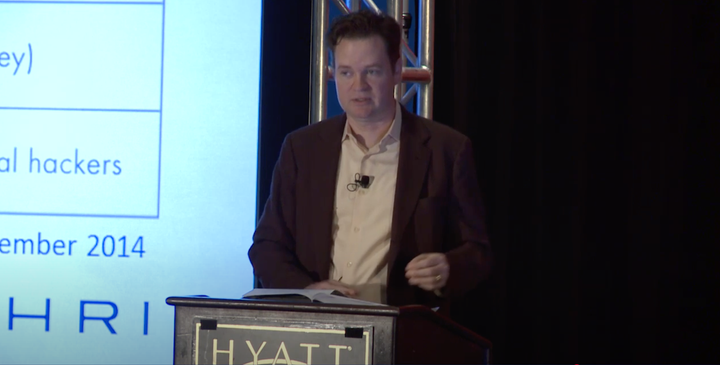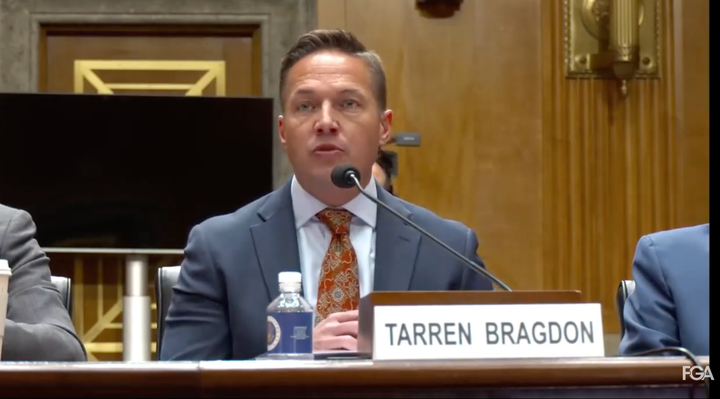Jim O’Neill, a close aide to billionaire investor Peter Thiel and a senior health official during the George W. Bush administration, is President Trump’s pick to be deputy secretary of the Department of Health and Human Services—a position where his past calls for deregulation of drug approvals could benefit medical startups like those in Thiel’s portfolios.
Financial disclosures for O’Neill that were released last week show that he currently works as an adviser to vaccine makers and healthcare companies. From 2008 to 2019, O’Neill worked atop investment firms founded by the self-described libertarian Thiel, and he was formerly the CEO of the Thiel Foundation. If confirmed by the Senate, O’Neill would oversee day-to-day operations at the nearly $2 trillion agency, including development of HHS regulations, federal research, and programs like Medicare and Medicaid under Secretary Robert F. Kennedy Jr. O’Neill has pledged to resign from his healthcare industry positions if confirmed.
In a 2014 speech at a biotech conference, O’Neill argued that the Food and Drug Administration’s drug approval process was hindering innovation and proposed a dramatically-expanded approach called “progressive approval.”
“We should reform FDA so that it is approving drugs after their sponsors have demonstrated safety, and let people start using them at their own risk,” O’Neill said at the conference. “Let’s prove efficacy after they’ve been legalized.”
Health industry watchdogs warn that O’Neill’s proposed approach could mean government approval of a slew of ineffective treatments.



